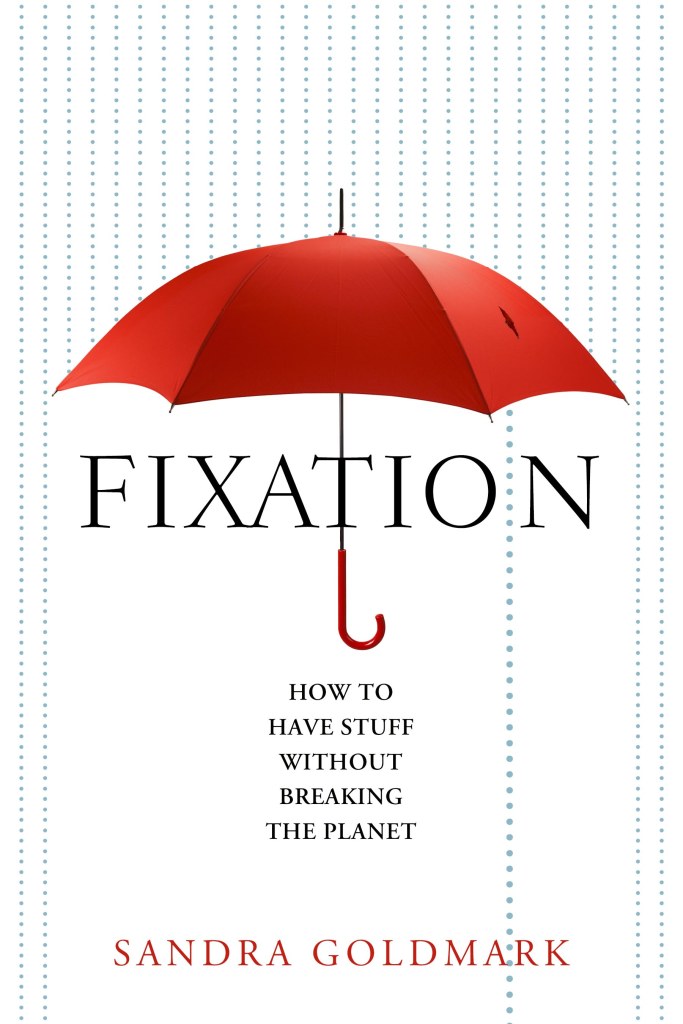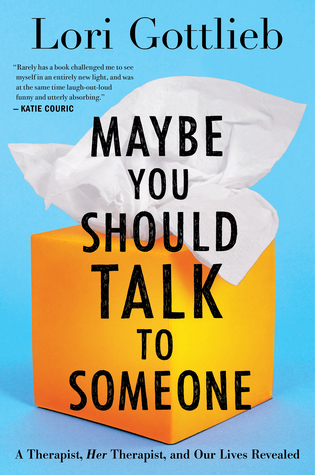AUGUST, AMIRITE???
This has been a MONTH. Not a horrible one, just busier than I’ve been used to for a long time. Back to school and all its surrounding chaos (AND STRESS) has been kicking my butt, and with the little bit of extra free time, I’ve been using all that to work on house projects that you can’t necessarily get done when your kiddo is home all year doing remote learning. So there hasn’t been much free time to blog or even to read; reading is done in little snatches here and there, but that’s okay. Sometimes life is like that, right?
I’m working hard at getting all my projects completed so that I can have more time to read and update my posts, but in the meantime, bear with me! I’m doing my best. 😊
So let’s get this monthly roundup started, shall we?
Books I Read in August 2021
1. Majesty (American Royals #2) by Katharine McGee
2. The Second: Race and Guns in a Fatally Unequal America by Carol Anderson
3. The Family Next Door: The Heartbreaking Imprisonment of the Thirteen Turpin Siblings and Their Extraordinary Rescue by John Glatt
4. Flunk. Start.: Reclaiming My Decade Lost in Scientology by Sands Hall
5. Little Women by Louisa May Alcott (no review; read out loud to my daughter)
6. From the Mixed-Up Files of Mrs. Basil E. Frankweiler by E.L. Konigsburg (no review; read out loud to my daughter)
7. Inconspicuous Consumption: The Environmental Impact You Don’t Know You Have by Tatiana Schlossberg
8. This Is Real and You Are Completely Unprepared: The Days of Awe as a Journey of Transformation by Alan Lew (the unreviewed books I read for myself were discussed in this catch-up post)
9. Emily’s Runaway Imagination by Beverly Cleary (no review; read out loud to my daughter)
And that’s it! Like I said, not a fantastic month for reading (but other things got done, so I’m pleased). It’s been so long that I’ve had the house to myself that I’m almost not sure how to handle it when I’m home alone, but I’ve been settling down to work almost every school day and organizing everything. Soon, I’ll be able to curl up in a nice, clean, organized house and read the day away. Hopefully.
Little Women wasn’t as fun of a read this time around as it was the last time I read it, when I was 15. I really loathed Professor Bhaer (just let Jo write whatever she wanted to write and back off!), though I did appreciate that Amy and Laurie were fairly well-matched. From the Mixed-Up Files was just as fun this time around as it’s ever been, and my daughter really loved it as well.
Six of these came from my TBR!
Reading Challenge Updates
Not currently participating in any reading challenges.
State of the Goodreads TBR
SO. 164 books last month, and with this month not being great at doing many bookish things, I’m still right there at 164. Which is actually okay! I’m glad it didn’t explode in this month of so little reading!
Books I Acquired in August 2021
You know, I don’t think I got any new books this month. Which is fine, because I really, really need to read some books from my own shelves!
Bookish Things I Did in August 2021
I actually did something seriously bookish things month! I mentioned last month that I had a meeting with the new rabbi at my synagogue, and that I was really excited about that. I met her, she’s lovely, we had a great chat, and she mentioned that the synagogue library was being reorganized and the books needed to be reshelved. Long story made short, I found myself masked up and helping to reshelve box after box of wonderful Jewish books in the synagogue library last week! It was hot, sweaty, dusty work (and I was thankful for a good day with my back!), but we tackled it all and got everything back on the shelves! It’s nice feeling useful like that, and I appreciated the chance to socialize with the two women working with me (especially since I’ve barely been out of the house for the last year and a half!!!!) and check out the synagogue’s books. 😊
Current Podcast Love
At night, I’m just listening to BBC World Service Radio, but during the day, as I organize and clean, I’m listening to Leaving Eden Podcast, about leaving and deconstruction from the Independent Fundamental Baptist Church. Fascinating stuff; Sadie is so open about everything she’s been through and the hard work and self-examination it’s taken to move past the indoctrination she received about who she is/should be and what the world is about, and Gavriel is surprisingly insightful for as young as he is (which isn’t THAT young, but I definitely wasn’t that insightful when I was his age). It’s a really interesting podcast.
Stephanie’s Read Harder Challenge
This will start back up again soon! When my house projects are done, I’m planning on picking up something to read during the schoolday, something I need quiet time with no interruptions so I can focus. Looking forward to doing this again!
Real Life Stuff
What a month!
The beginning of August was, I’m not going to lie, really, really stressful. My daughter, who is seven and in the second grade, was at home, learning remotely, all last year. This year, there IS no remote learning, so it was either send her back to school in person, or homeschool her, and she is NOT a good candidate for homeschooling- though I would have done it if I felt it was my only option. Her district mandated wearing masks really before it became any kind of a drama (I wouldn’t have even hesitated a second to pull her out if they hadn’t), but not all districts around us did. Thankfully, the governor stepped in and basically WTF’ed the ones who didn’t and mandated it- I’m so grateful. That still left the school’s lunch policy, however, and I was an absolute wreck thinking of my kiddo being unmasked in a cafeteria with other kids, with the Delta variant having such a higher viral load and being so much more contagious. Like, we’re talking serious, serious wreck. I was ready to pull her out just over that.
I ended up emailing her principal, who outlined the school’s lunch policy for me, and who also let me know that parents are allowed to check their students out every day for lunch. I cried. I wept with complete and utter relief. So every day, I heat up lunch and truck over to the school, where I sign my happy-to-see-me kiddo out, and we have a picnic by the pond behind the school. It’s a nice break in both of our days. She eats quickly enough that she’s able to head back for the post-lunch recess, which also makes her really happy, since she’s finally able to hang out with her friends for the first time since kindergarten, and I feel better knowing she’s getting less exposure. Win-win all around, and so far the school year is off to a good start. My county has the highest vaccination rate in the state, so things aren’t as scary as they could be. I feel for those of you who have children in schools that aren’t masking, where the community isn’t highly vaccinated and whose members aren’t taking this seriously. I’ve been watching the consequences of this in my old county in Tennessee, where a teacher died of Covid this past week, and it’s infuriating.
And now that my daughter is at school all day, I’ve been systematically tearing the house apart. I’ve almost got the kitchen done (still need to clean the fridge), and I have a few things left to do in the living room, but that’s not bad at all since I was able to do a few of the bigger projects over the summer. Next up is my closet, which hasn’t been organized since before the pandemic, and the bathroom, which basically just needs a good hose-down. And then my poor laundry room. That’ll be a project, but I’m looking forward to it. It’s all slow-going, since I have to get dinner pulled together in there, as well as my lunch trip to the school and any errands that have to happen during the day (groceries, runs across town to pick up school forms from the doctor, etc), but I’m definitely making good progress, and I’m happy about it!
What’s next in September? Another year of virtual High Holidays, which…isn’t ideal, but we do what we have to, and I’ll be tuning in to my synagogue’s services from home. I’ll also be attending virtual presentations by authors Wes Moore and Lori Gottlieb, both of which I’m very much looking forward to (and both offered by the local parent education group, for which I’m very grateful!). It looks like another busy month, so who knows who much reading I’ll get done, but we’ll see. It’s all good work.
Hang in there, friends. It’s rough out there again and who knows when it’ll get better again. So much death and suffering. Do your part to safely ride this terrible wave out; my heart breaks for our healthcare workers who see so many terrible things each day, things that could have likely been prevented. Our society is going to be suffering from the ramifications of all of this for years…
Wishing you all a peaceful, healthy September. Be well, my friends.



